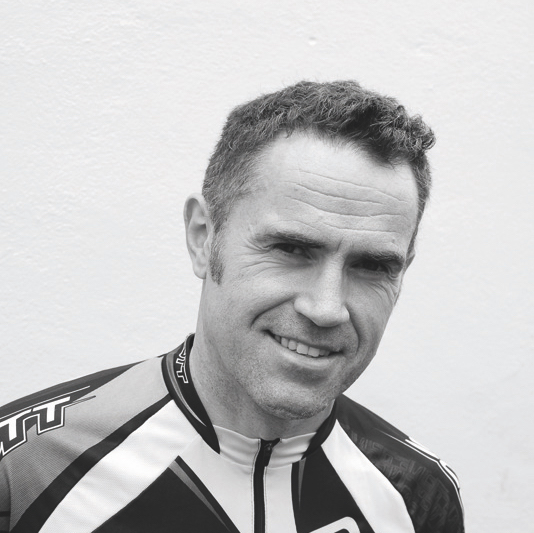By the time you read this, plenty of your family, fellow workers and friends will have fallen foul to the common cold or the dreaded flu. You too may have had to take time off work and, worse still, time off the bike due to a winter bug.
For starters, then, here's our six top tips for staying healthy during the winter:
- Plenty of fresh fruit and veg daily
- At least six to eight hours' uninterrupted sleep
- Periods of relaxation to reduce stress
- Regular hand cleaning (especially prior to contact lens placement/removal)
- Low to moderate intensity exercise when colds are around
- Light exercise for a week after a cold or other infection
Stop the spread
We cannot hibernate or make ourselves totally immune from infections, but we can take various positive steps to put the odds in our favour. And we can start by finding out how these bugs spread…
The common cold results from one of around 200 viruses that appear to be transmitted through the air or by touching an infected surface. Which is most likely is hotly debated. Once in the body, cold symptoms such as runny nose, sneezing, headache and cough/sore throat typically last five to seven days. Symptoms are typically above the neck.
Flu, on the other hand, is a whole body experience. If you get a full bout your muscles ache all over, you have swollen lymph glands and you experience extreme tiredness. Other possible symptoms include shaking chills, nausea, vomiting, sweating and high fever.
Clearly, social contact increases your chances of infection, and it's easy to pick up bugs from the least obvious places: petrol pumps, keyboards, supermarket trolleys, public phones and doorknobs. Users of contact lenses as well as nail biters should wash their hands regularly.
Sleep more, stress less
Luckily for UK cyclists, who get around one rainy day in three, getting cold and/or wet does not make you more likely to catch a cold. And nor does going out cycling with wet hair!
Often it's stress, poor nutrition and lack of sleep that impair your immune system and increase your risk of infection. A low calorie intake period can also lead to immune suppression and more colds, so if you're dieting any weight loss should be gradual.
Light exercise (45 mins) can cause a temporary boost to the immune system and this mirrors the finding that active people have fewer colds than inactive peers. But hard efforts lasting several hours can increase infection rates by 200 to 500 percent, and after hard exercise you may be more susceptible to bugs for two to maybe nine hours, so riding hard when you're feeling a bit ropey and then sitting in the pub for several hours may be unwise…
Herbs and hygiene
Some studies on the herb echinacea cite reduced cold severity and length, and similarly, Vitamin C may reduce the duration but does not, alas, prevent colds. Also, research on quercetin, a flavanol in plants, has found reduced cold incidence in cyclists taking 1000mg per day.
But while supplements may help, a good diet, good hygiene and plenty of sleep are the real key to keeping colds at bay.
When to return to exercise depends on what bug you get and what you are intending to do.
Light exercise can be continued with a slight head cold, but training or hard exertions should be avoided for several days after the cold has abated. You feel bad, so why make yourself feel awful? If you have the flu, experts suggest at least two and maybe up to four weeks are needed before you indulge in any intense exercise.
You have to start back slowly and have a longterm approach to getting healthy, then fit.
